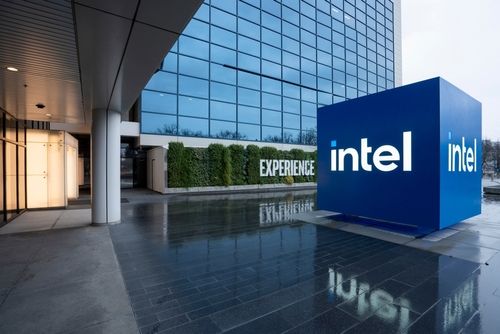Intel CEO Resigns Amid Failed Transformation Efforts: Can the Company Turn Around?

Insights – Over the past two years, while the AI boom has fueled a surge in the U.S. tech sector, legacy chip giant Intel has struggled to keep up. Following a steep drop in its stock price, massive losses, and significant layoffs, Intel’s CEO, Pat Gelsinger, has announced his resignation.
Less than four years into his leadership, on December 2, Intel CEO Pat Gelsinger announced that he had stepped down on December 1, also resigning from the company’s board of directors.
Gelsinger’s Long History with Intel
Gelsinger joined Intel in 1979 as a quality control technician and became the company’s youngest-ever vice president in 1993. In 2001, he was appointed Chief Technology Officer (CTO). After leaving Intel in 2009, Gelsinger spent over a decade at VMware, a subsidiary of EMC, before returning to Intel as CEO in 2021.
At the time of his return, Intel was facing significant challenges, with competitors steadily eroding its market share. It had lost ground to Qualcomm in smartphone processors, fallen behind NVIDIA and AMD in high-performance computing for data centers, and seen its chip technology lag behind TSMC and Samsung.
In 2021, Intel also lost its position as the world’s largest semiconductor company to Samsung, marking the first time this had happened since 2017. Gelsinger’s return was met with high hopes, and he announced a five-year transformation plan, which included expanding chip manufacturing facilities in the U.S. and overseas.
Intel’s Transformation Plan Falls Short
However, the transformation plan has yet to deliver the promised results. Intel’s Q3 earnings report, released in late October, showed a 6% decline in revenue, with a record-breaking $16.6 billion loss for the quarter.
In August, Intel announced layoffs of 15,000 employees, representing 15% of its workforce, marking the largest round of tech layoffs at the time. Earlier this year, the company also revealed plans to spin off its chip foundry business.
While the S&P 500 has risen 28% year-to-date, Intel’s stock has plummeted by 50% over the same period. Compared to 2021, Intel’s market capitalization has fallen to less than half its previous value.
Pressure from the Board
Amid mounting challenges, Intel’s board of directors pressured Gelsinger to find a successor. According to insiders, Gelsinger’s resignation on December 1 followed a board meeting last week where members expressed dissatisfaction with the slow pace of transformation and the high costs of his ambitious turnaround plan.
Sources revealed that Gelsinger was given the choice to either retire or be dismissed, and he opted to resign. Analysts at Carson Group noted that Intel’s stock price had declined by over 60% during Gelsinger’s tenure, making his resignation unsurprising.
* The content presented above, whether from a third party or not, is considered as general advice only. This article should not be construed as containing investment advice, investment recommendations, an offer of or solicitation for any transactions in financial instruments.


